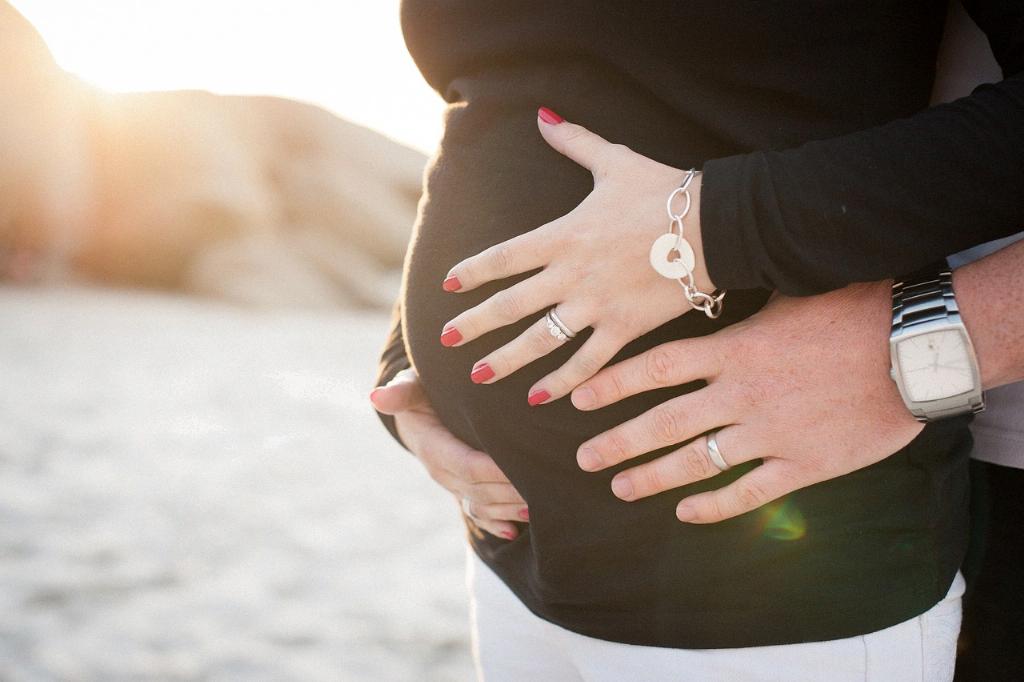When it comes to taking a pregnancy test, timing is crucial. The earliest you can take a test for pregnancy depends on various factors, including when the fertilized egg implants in the uterus and when the body starts producing the hormone hCG (human chorionic gonadotropin) in detectable levels.
Typically, traces of hCG can be detected in the urine around 6 days after implantation. However, for most women, it takes about 7 to 10 days after implantation for the body to produce enough hCG to be detected by a home pregnancy test.
If you suspect you may be pregnant, it’s important to wait until at least a week after your missed period to take a pregnancy test. Testing too early can result in a false negative, as the levels of hCG may not be high enough to be detected by the test.
Women with irregular cycles or those who are not sure when their period was due should consider waiting at least 21 days after having unprotected sex before taking a pregnancy test. This allows ample time for hCG levels to rise to a detectable range.
While some early pregnancy tests claim to detect hCG levels earlier than traditional tests, it’s still advisable to wait until after a missed period for accurate results. Testing too early can lead to unnecessary anxiety and confusion.
It’s important to follow the instructions provided with the home pregnancy test to ensure accurate results. Using the first urine of the day, which is more concentrated with hCG, can increase the likelihood of obtaining a positive result if you are indeed pregnant.
If you receive a negative result but still suspect you may be pregnant, consider waiting a few days and testing again. Sometimes hCG levels may not be high enough to detect early on, and a second test a few days later can provide more accurate results.
If you experience symptoms of pregnancy, such as breast tenderness, nausea, fatigue, or frequent urination, but receive a negative test result, it’s recommended to consult with a healthcare provider. They can offer further testing or guidance on potential next steps.
Remember that home pregnancy tests are most reliable when taken after a missed period. If you’re trying to conceive, try to be patient and wait for the right time to test to avoid unnecessary stress and worry.
Timing is key when it comes to taking a pregnancy test. By waiting until the appropriate time, you can increase the accuracy of the results and reduce the likelihood of false negatives. Listen to your body, follow the instructions carefully, and trust your instincts when it comes to determining the right time to take a pregnancy test.

